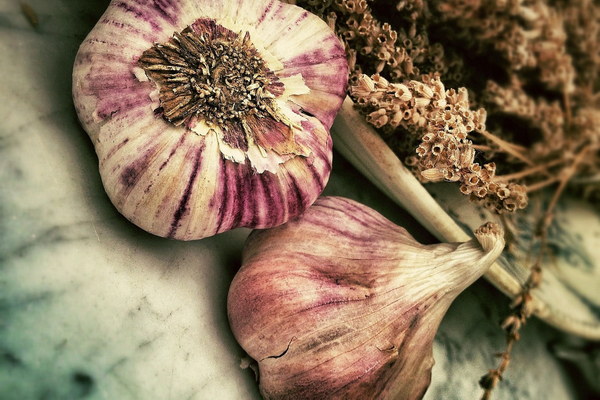Breath Easy A Guide to Lung Health for the Everyday Person
Breath Easy: A Guide to Lung Health for the Everyday Person
In the hustle and bustle of daily life, it's easy to overlook the importance of taking care of our lungs. After all, they are the organs that bring us the oxygen we need to live, yet we often take their functionality for granted. However, maintaining lung health is crucial for overall well-being. Here's a comprehensive guide on how the everyday person can keep their lungs in top shape.
Understand the Basics of Lung Health
The first step in maintaining lung health is to understand how they work. The lungs are responsible for taking in oxygen and expelling carbon dioxide. When we breathe in, air travels through the nose or mouth, down the throat, and into the bronchial tubes, which branch into smaller tubes called bronchioles. These bronchioles lead to tiny air sacs called alveoli, where the actual exchange of gases takes place.
Avoid Harmful Substances
One of the most effective ways to keep your lungs healthy is to avoid substances that can harm them. Smoking is the leading cause of lung disease, including cancer. If you smoke, quitting is the single best thing you can do for your lungs. Additionally, exposure to secondhand smoke, air pollution, and chemicals can also damage your lungs. Try to reduce your exposure to these harmful substances as much as possible.
Exercise Regularly
Regular physical activity can significantly improve lung function. Aerobic exercises, such as walking, running, swimming, and cycling, are particularly beneficial. They increase the oxygen supply to your lungs, improve circulation, and help to maintain the elasticity of lung tissues. Aim for at least 150 minutes of moderate-intensity aerobic exercise per week.
Maintain a Healthy Weight
Being overweight or obese can increase your risk of developing chronic lung diseases, such as chronic obstructive pulmonary disease (COPD). Maintaining a healthy weight can help reduce this risk. A balanced diet rich in fruits, vegetables, whole grains, lean proteins, and healthy fats can help you achieve and maintain a healthy weight.
Stay Hydrated
Water is essential for overall health, and it's particularly important for lung function. Staying hydrated helps to keep the mucous membranes in your lungs moist, which helps to prevent infections and keep mucus flowing. Aim to drink at least eight glasses of water per day.
Manage Indoor Air Quality
Indoor air quality can be just as important as outdoor air quality. Keep your home well-ventilated, use air filters, and avoid smoking indoors. Regularly clean your living space to remove dust, pet dander, and other allergens that can irritate your lungs.
Get Regular Check-ups

Regular medical check-ups are crucial for detecting and managing any lung conditions early. If you have a history of lung disease or are at risk due to factors like smoking or environmental exposure, discuss your risk with your healthcare provider and ask about appropriate screening tests.
Practice Breathing Exercises
Breathing exercises, such as diaphragmatic breathing, can help improve lung capacity and respiratory function. These exercises involve deep breathing techniques that can help relax the muscles around the lungs and increase the flow of air. You can find various breathing exercises online or consult with a respiratory therapist for personalized guidance.
Mind Your Mental Health
Stress can affect your breathing patterns and lung health. Practicing stress-reducing techniques, such as meditation, yoga, or deep-breathing exercises, can help improve lung function. A healthy mental state contributes to a healthy body, including your lungs.
Consume Lung-Healthy Foods
Certain foods are known to support lung health. Vitamin C, found in citrus fruits, strawberries, and bell peppers, can help reduce the risk of respiratory infections. Antioxidants found in leafy greens, nuts, and berries can help protect against lung damage. Omega-3 fatty acids, found in fish and flaxseeds, can also reduce inflammation in the lungs.
Limit Alcohol and Avoid Other Substances
Excessive alcohol consumption can lead to lung damage and increase the risk of respiratory infections. Limiting alcohol intake is important for maintaining lung health. Additionally, avoid other substances that can harm your lungs, such as cocaine, amphetamines, and other drugs.
In conclusion, maintaining lung health is a multifaceted endeavor that requires attention to both lifestyle choices and environmental factors. By understanding the basics of lung health, avoiding harmful substances, exercising regularly, staying hydrated, managing indoor air quality, getting regular check-ups, practicing breathing exercises, maintaining mental health, consuming lung-healthy foods, and limiting alcohol and other harmful substances, the everyday person can take proactive steps to ensure their lungs remain robust and functional throughout life. Breath easy and take care of your lungs today for a healthier tomorrow.









